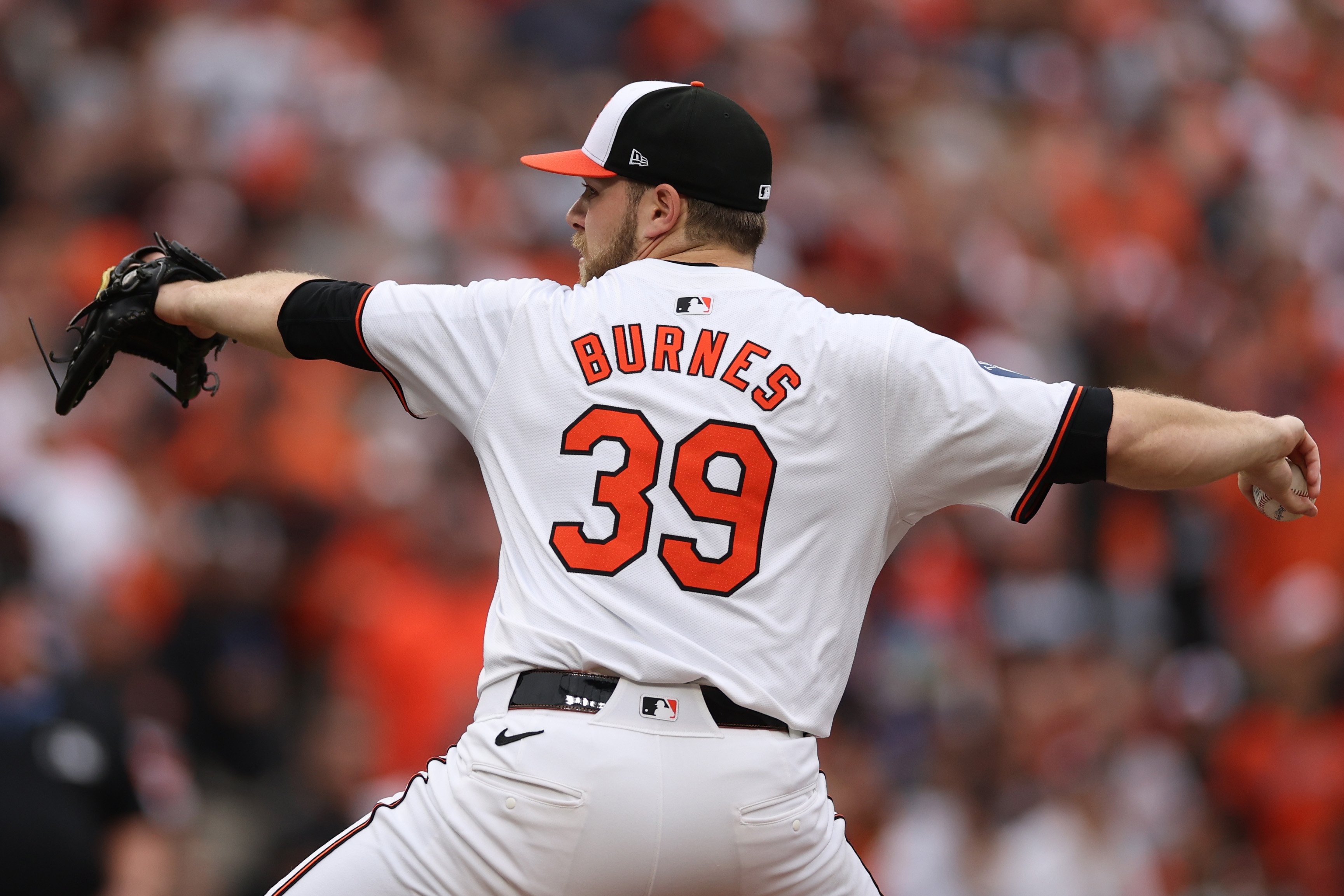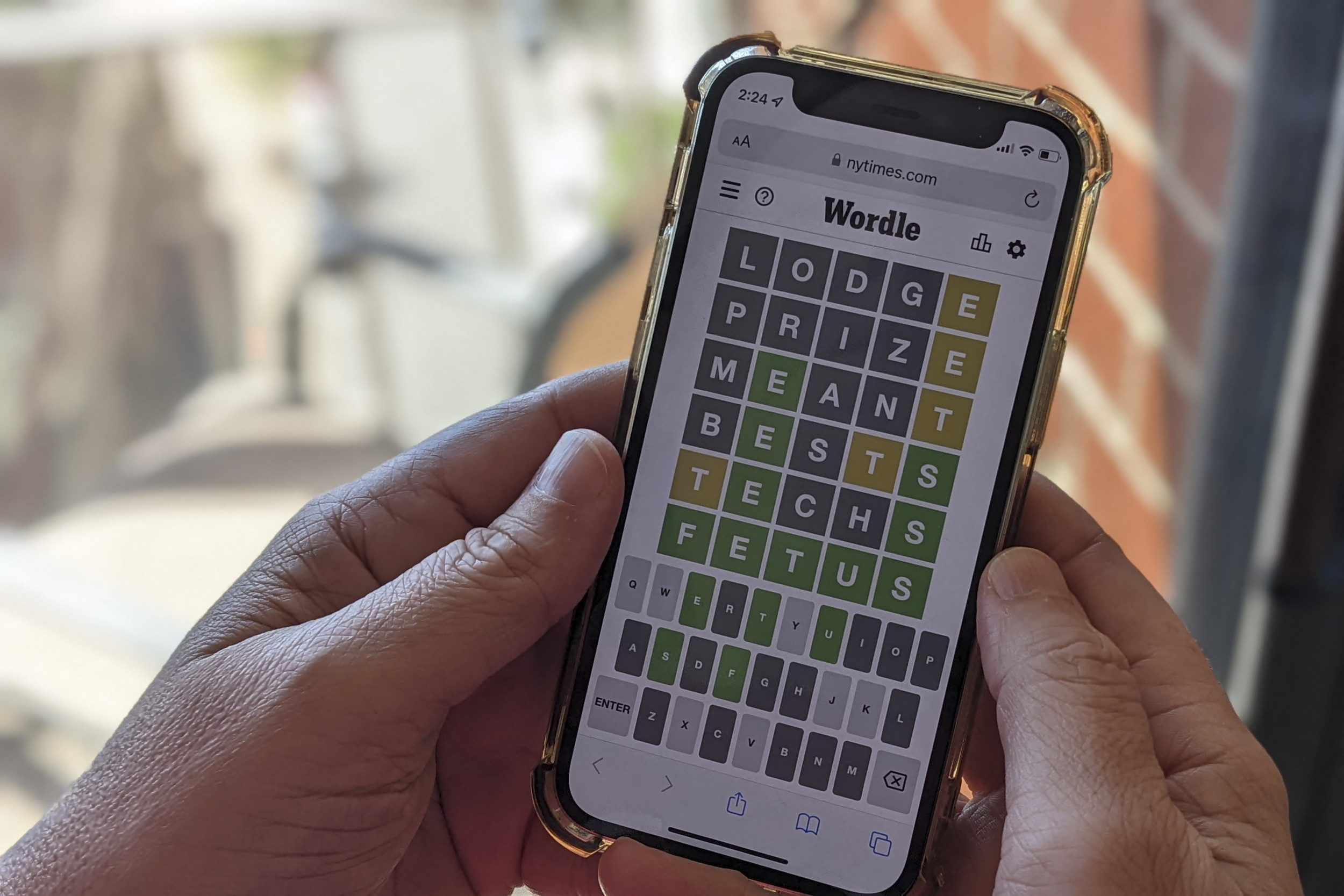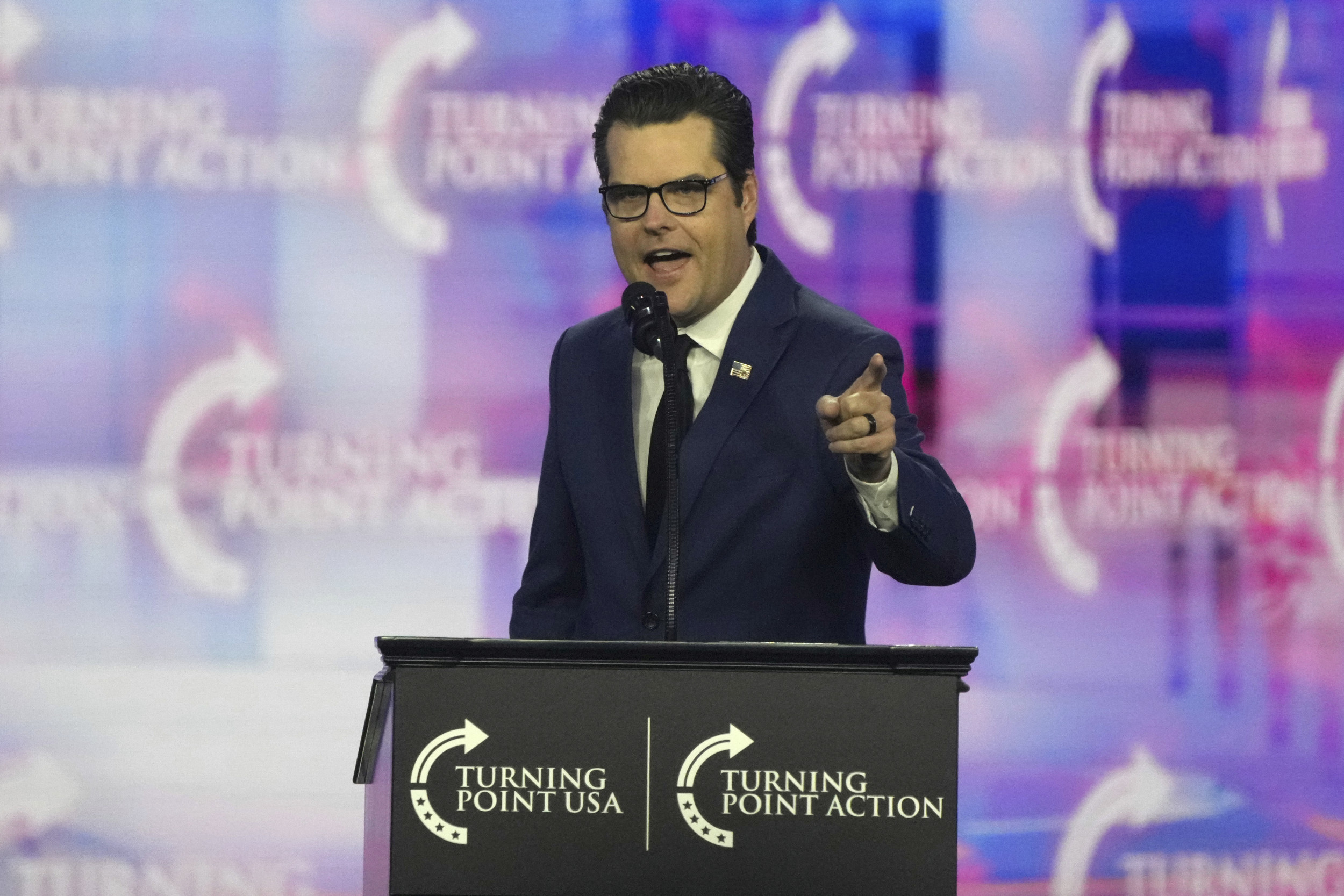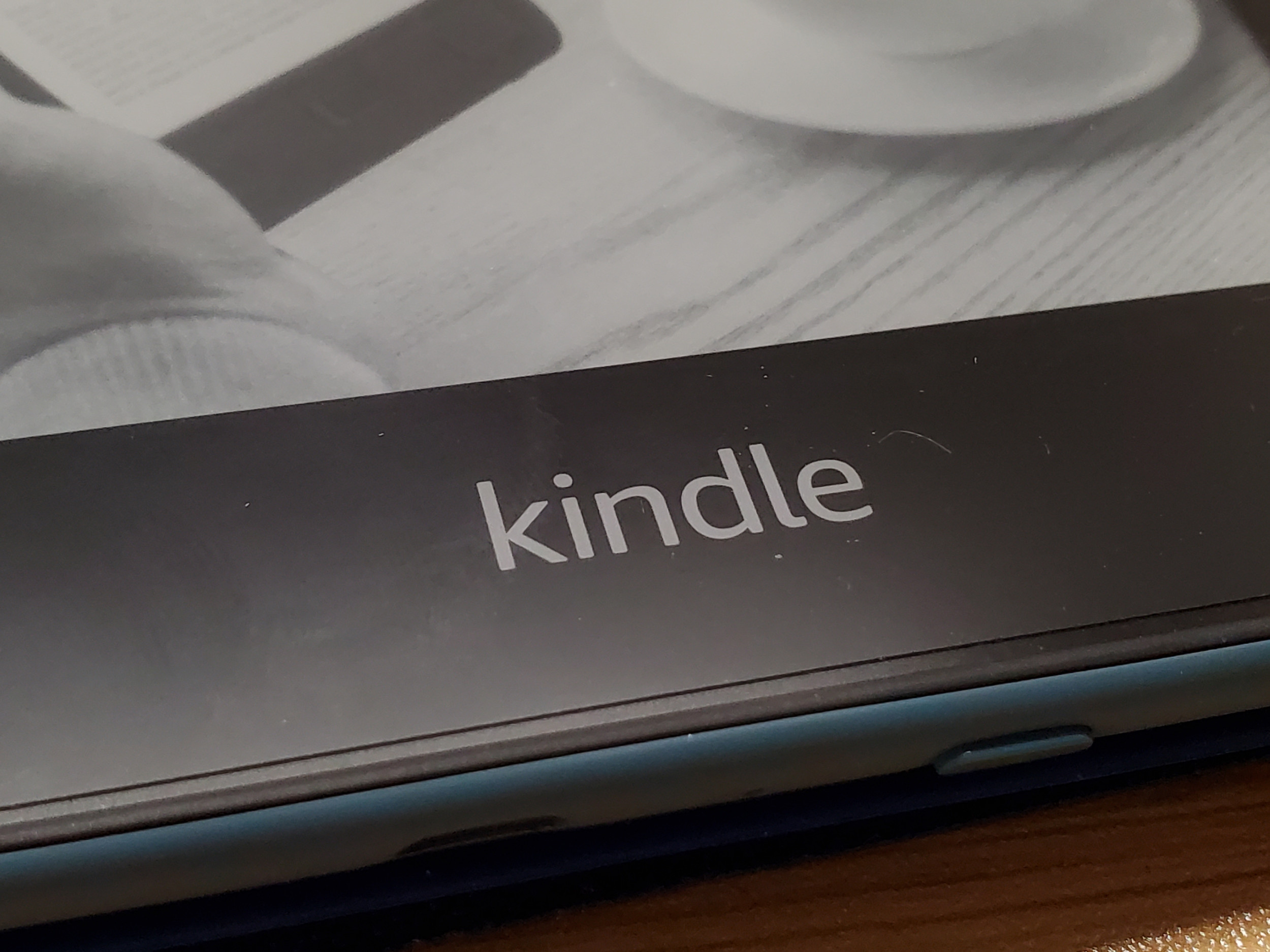What's New
CNN legal commentator Elie Honig said Luigi Mangione's murder case in UnitedHealthcare CEO Brian Thompson's death carries the "highest risk" of jury nullification due to the popularity surrounding the man charged in the killing.

Why It Matters
Mangione has risen to fame as the charged defendant in the high-profile killing.
Despite being charged with alleged crimes, Mangione has amassed a large fan base with some even hailing him as a hero for seemingly taking action against the American health insurance industry.
What To Know
Jury nullification occurs when a jury reaches a verdict of "not guilty" despite believing the defendant is guilty of the charges. This happens when jurors disregard the law, either because they think it is unjust, its application in the specific case is unfair, or they think the punishment would be disproportionate. Jurors cannot be punished for passing an "incorrect" verdict.
Mangione, 26, is accused of fatally shooting Thompson outside a New York City hotel on December 4. He faces multiple federal charges, including one that could result in the death penalty, as well as six state charges in New York with penalties ranging from one year to life in prison.
In Pennsylvania, he also faces charges for possessing a fraudulent ID, a gun, and a silencer. Mangione has pleaded not guilty to all charges.
On Tuesday, Honig told CNN host Rahel Solomon that while he "wouldn't necessarily lose sleep" over Mangione's level of fame impacting his chance at a fair jury, he would be "nervous" about the possibility of jury nullification.
"And, for sure, this is the highest risk of nullification that I have seen in a long time, given the fame and fandom that this guy has somehow gained over social media. But it's important to keep in mind, there are checks in place, first of all, the jury selection process," Honig said.
"People who are overtly biased in his favor, people who have posted on social media, that kind of thing, they will be weeded out. They will never even make it onto a jury. The other thing is, the whole trial process has the effect of sort of forcing people to get serious."
Honig continued, "It's really hard to sit through weeks worth of overwhelming evidence that this person shot his victim in the back and then just say, ah, heck with it, I kind of like this guy or I saw some social media meme. So it's always in play, but I think it's important to understand we do have processes that sort of filter that kind of thing out."
What People Are Saying
Mangione's attorney Attorney Karen Friedman Agnifilo to reporters after Mangione arrived in New York, which Agnifilo called "the biggest perp walk I've ever seen": "He is being treated like political fodder. The mayor should know about due process, given his own problems. I think he was there to try to take away from those issues. He wanted to show symbolism. But my client is not a symbol."
Mercedes Colwin, a criminal defense attorney, was asked about Donald Trump's death penalty comments surrounding the case by CNN on Tuesday: "Certainly, that's going to be a question raised by the defense, that there were reportings of the president-elect making comments about the death penalty being imposed.... That has to be vetted to that jury. The jury has to make an acknowledgment that, one, they did hear the comments and it doesn't impact their thinking at all and they can still sit and be a fair and impartial juror in that trial.... So comments from the president-elect may impact their thinking. That's something that absolutely has to be vetted."
What Happens Next
Mangione continues to assert his innocence in the case despite prosecutors saying they have a significant amount of evidence. It is unclear if he will pursue an insanity plea. His next court appearance is scheduled for February 21, 2025.
Do you have a story Newsweek should be covering? Do you have any questions about this story? Contact LiveNews@newsweek.com
.jpg?mbid=social_retweet)



















 English (US) ·
English (US) ·